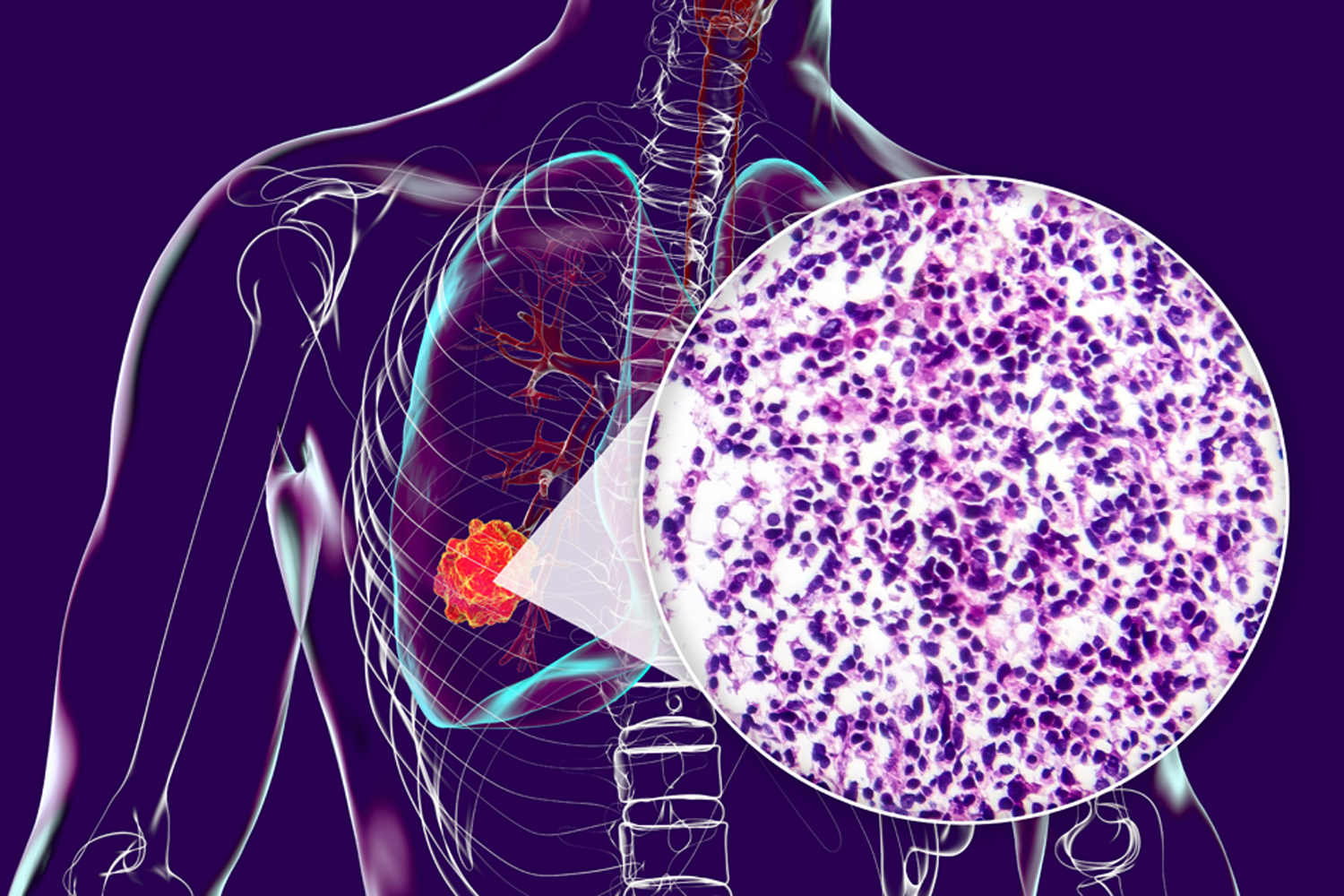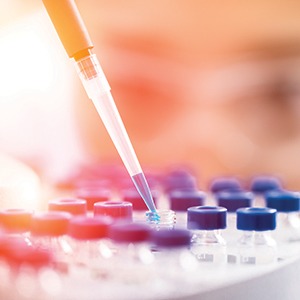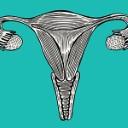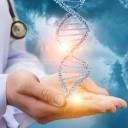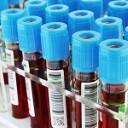-
Forward Look
Cloning CancerScientists are testing treatments on lab-grown tumor tissue.
by Chris Palmer
-
The Roots of Rural Health Disparities
New research shows that rural cancer patients have the same health outcomes as urban cancer patients so long as they are involved in a clinical trial.
by Cheryl Platzman Weinstock
-
The Health Legacy of 9/11
People who were directly affected by the Sept. 11 terrorist attacks can receive screenings and care for medical conditions, including certain cancers, through the World Trade Center Health Program.
by Brad Jones
-
A New Guideline for Cervical Cancer Screening
Physicians Lee Learman and Francisco Garcia discuss the updated U.S. Preventive Services Task Force guideline and the need to increase access to cervical cancer screening.
by Anna Azvolinsky
-
Some Pancreatic Cancers Are Hereditary
A trio of recent studies indicates that pancreatic cancer is, in some cases, linked to mutations passed down from generation to generation.
by Cheryl Platzman Weinstock
-
What Is ‘Chemo Brain’?
The National Cancer Institute's Todd Horowitz discusses cancer-related cognitive impairment.
by Anna Azvolinsky
-
Predicting Acute Myeloid Leukemia
Two studies identify genetic mutations that could predict the risk of an aggressive blood cancer up to a decade before it is diagnosed.
by Anna Azvolinsky
-
Healthy Habits
Unhealthy ProcessEating ultraprocessed foods may be linked to an increased risk of certain cancers.
by Kendall Morgan
-
From the Editor-in-Chief
Synthetic Lethality and Cancer: Aiming an Arrow at Achilles’ HeelInsights about synthetic lethality have been used to develop cancer treatments.
by William G. Nelson, MD, PhD
Cancer Talk
Biotin Supplements Can Skew Cancer Lab Results
Products containing biotin can alter lab tests for people during and after cancer treatment.
by Laura Gesualdi Gilmore
Connecting More Patients to Cancer Clinical TrialsAACR conference brings experts together to discuss strategies to reach people historically left out of cancer research.
by Eric Fitzsimmons
Treatment Combination Improves Survival in EGFR-positive Lung CancerAdding chemotherapy to targeted therapy improves outcomes for people with advanced EGFR-positive non-small cell lung cancer.
by Sandra Gordon
Lessons From 20 Years Living With CancerMultiple myeloma survivor Jonathan Gluck reflects on uncertainty, and the scientific progress that has kept him living with cancer for more than two decades.
by Eric Fitzsimmons

